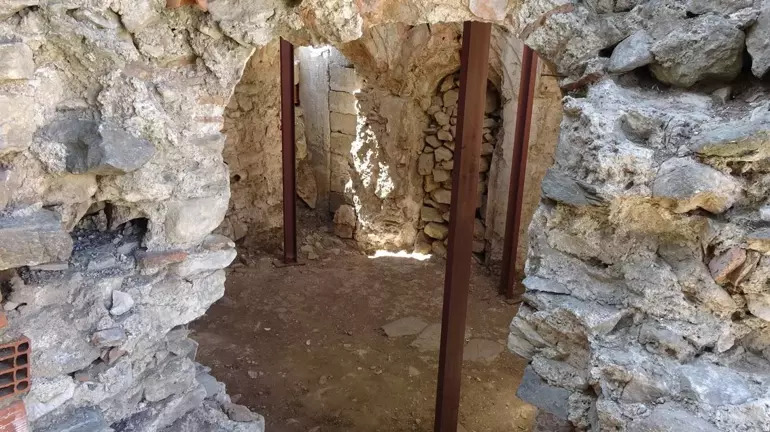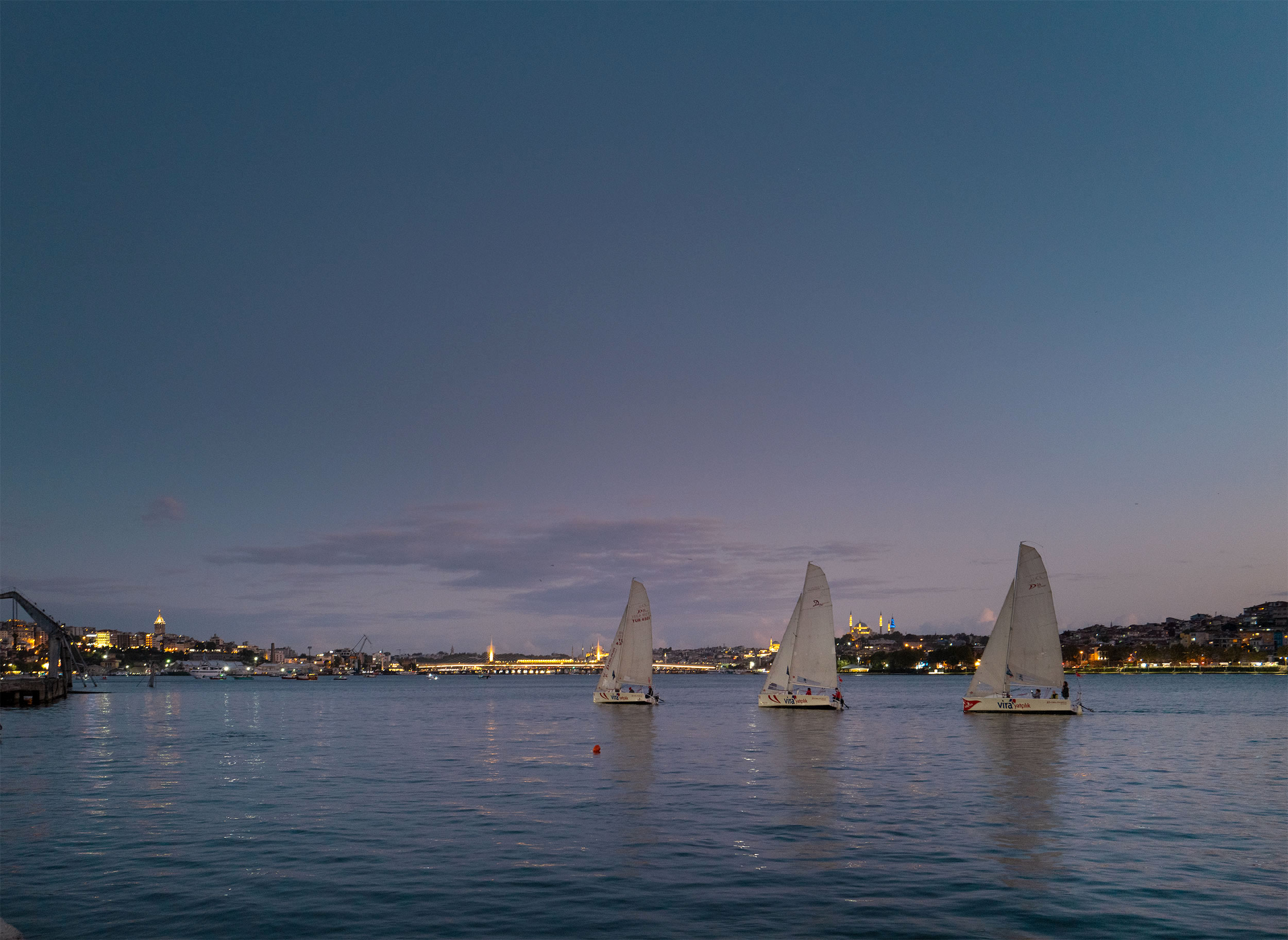The excavation team has unearthed a 350-year-old Ottoman bath in the ancient city of Parion in Kemer village of the northwestern province of Çanakkale’s Biga district. The ancient city has a history of 2,700 years and was an important port city during the Roman Empire era.
Associated Professor Hasan Kasapoğlu, deputy head of Parion excavations, said, “It is the only preserved architectural structure of the Ottoman-Turkish presence in this village, dating back 350 years, hidden among the modern structures in Kemer village, the geography where the ancient city was located in the past.”
Archaeological works started in Parion in 2005 and have continued since 2015 with a team led by Ondokuz Mayıs University Faculty Member Vedat Keleş.
This year’s excavations have been conducted by a team of 55 people from Samsun, Atatürk, Hittite, Ankara University and Russian High school University Archeology Department, in the ancient theater, agora, shops, Yamaç bath, Odeon, Southern-Tavşandere Necropolis and the bath structure in Kemer village.
Following the discovery of the 350-year-old Ottoman bath, environmental cleaning was carried out in the area where the bath is located. The interior of the bath was temporarily reinforced with steel construction.
“One of our projects for 2023 was a study on this Ottoman bath in the village of Kemer, which is actually the only structure from the Ottoman period preserved in its current form in the village. There were tombstones of two people in the structure. Studying these two Ottoman-era tombstones, dated to the 1700s, excavation committee members and art historians revealed that two people can be described as the bath keeper and his assistant.”
“Then a study was carried out in this structure, and it was revealed that this place was a bath. It can be considered a new vision project in Turkish-Islamic Archeology or Ottoman Archaeology. This year, the rubble and garbage pile in the area of this structure was completely cleaned and its interior was consolidated with a temporary steel construction. In the coming years, with the vision of Turkish-Islamic archeology or Ottoman archaeology, we plan to restore this oldest Ottoman-era structure in the village and make it more protected and visitable,” Kasapoğlu said.
He said that the Ottoman bath is the most distinctive architectural structure preserved from the Ottoman-Turkish times in the village, which dates back approximately 300-350 years.







